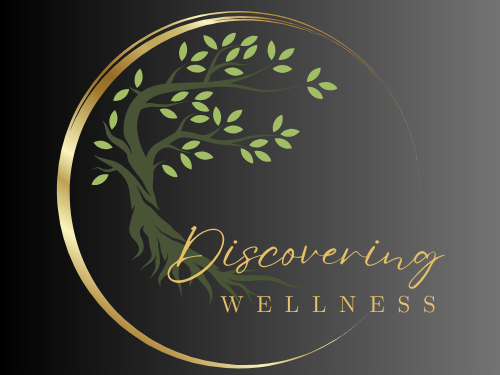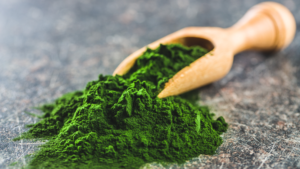
Have you ever experienced nagging aches and pains that seem to persist no matter what you do? While various factors can contribute to discomfort, one often-overlooked culprit is magnesium deficiency. Magnesium, a vital mineral involved in numerous bodily functions, plays a significant role in managing pain and promoting overall well-being. Let’s explore how low magnesium levels could be contributing to your aches and pains, and how optimizing magnesium intake can help alleviate discomfort for a healthier, more vibrant life.
Magnesium and Aches
Magnesium deficiency can exacerbate aches and pains throughout the body, including muscle cramps, tension headaches, and generalized discomfort. This mineral plays a crucial role in muscle function and relaxation, making it essential for easing muscular tension and reducing pain. Moreover, magnesium deficiency can contribute to inflammation, which may further exacerbate discomfort and compromise overall health.
Effects of Magnesium Deficiency
The consequences of magnesium deficiency extend beyond mere aches and pains, impacting various aspects of health and wellness. From cardiovascular issues and bone health to mood disorders and fatigue, inadequate magnesium levels can wreak havoc on the body. Research suggests that magnesium deficiency is associated with an increased risk of conditions such as hypertension, osteoporosis, anxiety, and depression, highlighting the importance of maintaining optimal magnesium levels for overall well-being.
Magnesium-Rich Foods and Absorption
Fortunately, replenishing magnesium levels is achievable through dietary modifications and lifestyle changes. Incorporating magnesium-rich foods into your daily meals can provide a natural and effective way to boost your magnesium intake. Here are some superfoods packed with magnesium:
- Nuts and Seeds: Almonds, cashews, peanuts, pumpkin seeds, and sunflower seeds are all excellent sources of magnesium. Snack on a handful of nuts or seeds for a tasty and nutritious magnesium boost.
- Leafy Green Vegetables: Spinach, kale, Swiss chard, and collard greens are loaded with magnesium, along with other essential vitamins and minerals. Add leafy greens to salads, smoothies, or sautés for a nutrient-rich meal.
- Whole Grains: Whole grains like brown rice, quinoa, oats, and barley are not only high in magnesium but also fiber and antioxidants. Swap refined grains for whole grains to increase your magnesium intake and support overall health.
- Legumes: Beans, lentils, chickpeas, and peas are versatile and nutritious sources of magnesium. Incorporate legumes into soups, stews, salads, and dips for a delicious and filling meal.
- Seafood: Certain seafood varieties, such as salmon, mackerel, halibut, and tuna, are rich in magnesium, omega-3 fatty acids, and protein. Enjoy seafood as part of a balanced diet to boost your magnesium intake and support heart health.
However, it’s not just about what you eat but also how well your body absorbs magnesium. Factors such as gastrointestinal disorders, medications, age, and soil and water content can influence magnesium absorption, potentially hindering your body’s ability to utilize this essential mineral effectively. Therefore, it’s essential to adopt strategies to enhance magnesium absorption and utilization, such as consuming magnesium-rich foods in combination with vitamin D and calcium, optimizing gut health, and managing stress levels.
Incorporating Magnesium into Your Wellness Routine
In addition to dietary modifications, supplementation may be necessary to address magnesium deficiency effectively. Consultation with healthcare professionals can help determine the appropriate dosage and form of magnesium supplements based on individual needs and health status. Additionally, incorporating relaxation techniques such as meditation, yoga, and massage therapy can complement magnesium supplementation by promoting stress reduction and enhancing overall well-being.
In conclusion, magnesium plays a pivotal role in managing aches and pains and promoting overall health and wellness. By addressing magnesium deficiency through dietary modifications, supplementation, and lifestyle changes, you can alleviate discomfort, enhance muscular function, and support your body’s natural healing processes. Remember, optimizing magnesium intake is not just about relieving immediate symptoms but also nurturing your body for long-term health and vitality. Embrace the power of magnesium and unlock the key to a life free from unnecessary aches and pains.



